Comprehensive Overview of PHP Training
The Comprehensive PHP Course in Pune is a well-structured training program designed for both beginners and professionals eager enhance their web development skill. PHP Training in Pune covers fundamental topics such as PHP syntax, variables data types, control structures, functions, arrays, and an introduction to object-oriented programming (OOP). The PHP Certification Course in Pune also delves into more advanced topics like working with databases (MySQL), handling forms, sessions, cookies, and file uploads, as well as building secure and efficient applications Students will learn to create dynamic websites, develop RESTful APIs, and integrate PHP with modern frameworks like Laravel.
Additional Info
Exploring Future Trends in PHP Course in Pune
- AI-Powered Code Assistance:
The future of PHP development is closely tied to artificial intelligence, as AI tools continue to enhance coding productivity. In the upcoming PHP Training, learners will engage with AI-powered assistants like GitHub Copilot and TabNine These tools will help students with code suggestions, syntax auto-completion, and bug detection, drastically improving coding efficiency. AI will also provide intelligent recommendations on optimization and logic enhancements.
- Integration with Modern Development Practices:
The future of PHP development is increasingly intertwined with modern software development practices like DevOps and CI/CD. As part of the PHP Training, learners will explore how version control systems such as Git are crucial for managing codebases. They will also gain proficiency in build automation using tools like Composer and continuous integration via GitHub Actions or Jenkins.
- ross-Platform Development & Performance Optimization:
Cross-platform development and performance optimization are key components of future PHP programming. In the PHP Training, students will learn how to write PHP applications that run smoothly on various platforms, including Linux, Windows, and macOS. The course will cover techniques for optimizing application performance, such as memory profiling, caching strategies, and minimizing latency.
- Project-Based Learning with Real-World Applications:
Future PHP development courses will emphasize project-based learning, which is crucial for preparing students for industry demands. In the PHP Online Training in Pune, learners will build real-world applications such as dynamic content management systems, e-commerce platforms, and RESTful APIs By working on projects that mirror actual business challenges, students will not only master PHP but also gain valuable experience in client communication, project management, and teamwork.
- Industry Tools & IDEs Integration:
As the PHP development landscape evolves, so does the necessity for proficiency in various industry-standard tools and integrated development environments (IDEs). The PHP Training in Pune will introduce students to popular IDEs like PhpStorm, Visual Studio Code, and Sublime Text. Students will also gain exposure to tools for debugging (Xdebug), database management, and version control (Git) Familiarity with build tools like Composer, along with static analysis tools for quality assurance, will also be covered.
- Security & Best Practices:
Security is becoming an ever-more critical concern in PHP development. The PHP will emphasize secure coding practices to ensure that students are prepared for the challenges of building safe, reliable applications Students will learn to prevent common vulnerabilities like SQL injection cross-site scripting and cross-site request (CSRF).
- Cloud-Native PHP Development:
As cloud computing becomes the backbone of modern infrastructure, PHP developers are increasingly required to build cloud-native applications. The PHP Training will introduce students to deploying and scaling PHP applications on platforms such as AWS, Google Cloud, and Microsoft Azure. Learners will also explore containerization with Docker and orchestration with Kubernetes, empowering them to create scalable, resilient cloud-native solutions.
- API-First Development & Microservices Architecture:
Modern applications thrive on interoperability, and the PHP Course will reflect this by focusing on API-first development. Students will learn how to design and develop RESTful and GraphQL APIs using PHP frameworks like Laravel and Slim. The course will also touch upon microservices architecture, enabling learners to break monolithic applications into modular, scalable services that communicate seamlessly.
- Framework Mastery and Ecosystem Awareness:
PHP has evolved beyond basic scripting, with modern frameworks enabling rapid and robust application development. In the PHP Training students will gain hands-on experience with leading PHP frameworks such as Laravel, Symfony, and CodeIgniter. They’ll understand how to leverage these tools to adhere to MVC patterns, enhance code maintainability, and accelerate development cycles, staying current with the evolving PHP ecosystem.
- Testing & Quality Assurance:
Reliable software demands rigorous testing. The Training will cover unit testing, integration testing, and test-driven development (TDD) using tools like PHPUnit. Students will learn to write maintainable test cases, automate testing workflows, and ensure code quality through continuous testing. This focus on quality assurance prepares them for enterprise-level development where stability and reliability are paramount.
Advanced Tools and Techniques in PHP Training
-
PHP Fundamentals and Syntax:
PHP is a versatile, server-side scripting language that powers dynamic websites and web applications. In this course, learners will dive into the core concepts of PHP programming, including variables, data types, operators, and control structures. Emphasis is placed on understanding the syntax of PHP, working with functions, arrays, and loops, as well as handling user input through forms.
- Advanced PHP Concepts and Object-Oriented Programming:
Building on the basics, this module takes learners into more advanced PHP concepts such as object-oriented programming (OOP). Students will explore classes, objects, inheritance, polymorphism, and encapsulation, which are key to writing modular, reusable, and maintainable code. The course covers advanced features like magic methods, namespaces, and autoloading, helping learners create scalable PHP applications.
- PHP and MySQL Database Integration:
One of PHP's primary strengths is its ability to work seamlessly with databases, especially MySQL. In this module, learners will dive deep into database integration by exploring database design, querying, and manipulation. Topics include connecting PHP with MySQL, using SQL for CRUD operations (Create, Read, Update, Delete), and handling advanced SQL queries like joins and subqueries.
- PHP Frameworks and MVC Architecture:
This module introduces students to popular PHP frameworks such as Laravel, Symfony, and CodeIgniter, which help streamline web application development. Students will learn the fundamentals of the Model-View-Controller (MVC) architecture and how frameworks implement it for efficient separation of concerns. The course covers routing, controllers, views, and models, along with concepts like middleware, migrations, and database seeding.
- PHP Security Best Practices:
Security is a crucial consideration when developing web applications, and PHP is no exception. In this module, students will focus on the best security practices in PHP, including how to prevent common vulnerabilities like SQL injection, cross-site scripting (XSS), and cross-site request forgery (CSRF). Learners will also explore securing sensitive data through encryption techniques, securing user authentication, and implementing safe session management.
- Advanced PHP Debugging and Optimization Techniques:
Efficient debugging and optimization are critical skills for PHP developers. This module covers advanced techniques for diagnosing and resolving common issues in PHP applications, using tools like Xdebug, error logging, and debugging with IDEs like PhpStorm. Students will learn how to analyze performance bottlenecks, optimize database queries, and use caching techniques to speed up applications.
- PHP APIs and Web Services:
As web applications increasingly rely on third-party services and integration, this module will focus on building and consuming APIs (Application Programming Interfaces) using PHP Student will learn how to create RESTful APIs with PHP, handle HTTP requests and responses, and authenticate API consumers with OAuth or JWT. The course also covers how to consume external APIs, parse JSON and XML data, and integrate APIs into PHP applications.
- Version Control with Git and PHP Project Management:
Version control is an essential tool developers working in teams or on large projects. This module introduces students to Git, the most widely used version control system, and shows how to manage code with Git in real-world PHP projects. Students will learn how to initialize Git repositories, commit changes, create branches, and merge code They will also explore collaboration workflows using GitHub, GitLab, or Bitbucket, including pull requests, code reviews, and issue tracking.
- PHP Testing and Quality Assurance:
Testing is an integral part of writing high-quality PHP applications. In this module, learners will be introduced PHPUnit, a popular testing framework for PHP. They will learn to write unit tests, integration tests, and functional tests to ensure their applications are bug-free and reliable The course covers test-driven development (TDD) principles and the importance of continuous testing.
- PHP Deployment and Hosting:
Once PHP applications are built, they need to be deployed and hosted efficiently. This module covers the best practices for deploying PHP applications to production environments, whether on shared hosting, VPS, or cloud platforms like AWS and DigitalOcean. Learners will explore how to configure web servers (like Apache or Nginx) for optimal PHP performance, set up databases, and manage environment variables.
Essential Roles and Responsibilities of a PHP Course
- Instructor/Trainer:
The instructor is responsible for delivering the PHP course content in a clear, engaging, and easy-to-understand manner. They ensure students grasp both the fundamental and advanced topics of PHP programming, including object-oriented programming (OOP), database integration with MySQL, and security best practices. The instructor conducts practical coding exercises and hands-on projects that reinforce theoretical knowledge while demonstrating real-world applications.
- Curriculum Developer:
The curriculum developer plays a crucial role in designing and updating the course material to ensure it remains relevant to industry standards and modern PHP practices. They ensure the syllabus covers a balanced range of topics, from PHP basics like syntax and functions to advanced concepts such as MVC architecture, PHP frameworks, and API development. The curriculum developer works closely with the instructors to ensure smooth course progression and that the content aligns with students’ learning needs and expectations.
- Technical Support Specialist:
The technical support specialist is responsible for assisting student with any technical issues they during the PHP course. This includes helping students set up their local development environments, troubleshoot issues with PHP, IDEs, databases, or web servers, and ensuring that students can run and test their code smoothly The specialist provides timely support for common problems, such as resolving syntax errors, connection issues, or server configuration problems, ensuring that students technical difficulties do not hinder their learning experience.
- Project Mentor:
The project mentor is responsible for guiding students through their hands-on PHP projects. They provide expert feedback on code quality, design choices, and problem-solving approaches. The mentor helps students apply the PHP concepts they've learned to real-world scenarios, such as building dynamic websites, handling form submissions, or integrating APIs They encourage students to think critically, debug effectively, and optimize their code for performance and security.
- Course Coordinator:
The course coordinator manages the logistics of the PHP course, ensuring everything runs smoothly They handle course scheduling, track student progress and ensure all necessary resources, such as course materials, software tools and assignments, are readily available. The coordinator acts as the point of contact for students on administrative matters, including class timings, deadlines, and any other concerns they may have.
- Assessment and Evaluation Specialist:
The assessment and evaluation specialist is responsible for creating and managing quizzes, assignments, and exams to assess students' understanding of PHP concepts. They design tests that challenge students on their ability to apply PHP programming techniques to real-world problems, ensuring the evaluations align with course objectives. The specialist provides constructive feedback on students' performance, helping them identify areas for improvement.
- Learning Facilitator:
The learning facilitator plays a key role in fostering an interactive and collaborative environment in the PHP course. They assist students with understanding complex topics, clarify doubts, and encourage group discussions on programming concepts. The facilitator helps students apply what they’ve learned through coding exercises and peer-based learning activities. They are responsible for encouraging active participation and ensuring students feel comfortable asking questions and engaging with their peers.
- Student Support Advisor:
The student support advisor provides non-technical assistance to students, helping them navigate through the course materials, assignments, and deadlines They ensure that students stay organized and on track throughout the course. The advisor helps students manage their time effectively and provides support with scheduling issues, course progress, or personal concerns that may affect their learning.
- Industry Expert/Guest Speaker:
Industry experts and guest speakers provide valuable insights into the world of PHP development They share their real-world experiences, offering students a glimpse into current industry trends, tools, and practices. These experts often cover topics such as PHP in enterprise applications, emerging web technologies, or career paths in web development Guest speakers provide guidance on how to successfully navigate the job market, prepare for technical interviews, and stay updated with industry best practices.
- Quality Assurance (QA) Specialist:
The QA specialist ensures that the course content, assignments, and projects meet high standards of quality. They carefully review all materials for accuracy, clarity and relevance, making sure the course reflects the latest PHP developments and industry best practices. The QA specialist ensures that all exercises are effective in reinforcing the key concepts of PHP from basic syntax to advanced security practices. By maintaining a rigorous quality control process, the specialist ensures that students receive high-quality, up-to-date content that will prepare them to develop reliable and secure PHP applications.
Top Companies Seeking PHP Talent for Innovation
- Tata Consultancy Services (TCS):
Tata Consultancy Services (TCS) is a leader in IT services, actively seeking skilled PHP developers to drive innovation and build scalable web applications for clients across various industries. With an emphasis on utilizing PHP to create high-performance websites and content management systems, TCS values developers who can work with PHP frameworks like Laravel and Symfony. Candidates are expected to solve complex problems, collaborate in cross-functional teams, and stay updated with the latest web technologies.
- Infosys:
Infosys, one of top IT services providers, is on the lookout for talented PHP developers to build and maintain scalable and reliable web solutions. With a strong focus on PHP-based CMS platforms, e-commerce solutions, and dynamic web applications, Infosys seeks developers who are proficient in PHP, MySQL, and modern PHP frameworks. They value professionals who can integrate these solutions with AI, cloud computing, and advanced data analytics to deliver high-quality and innovative services.
- Cognizant Technology Solutions (CTS):
Cognizant Technology Solutions (CTS) is actively hiring PHP developers to work on designing and implementing efficient web applications for clients in diverse industries. PHP developers at CTS are expected to have expertise in full-stack development, leveraging popular PHP frameworks such as Laravel, CodeIgniter, and Zend to build modern, scalable web solutions. The company values candidates who have a strong understanding of backend technologies and can integrate solutions with APIs, cloud services, and other cutting-edge technologies.
- Wipro Technologies:
Wipro Technologies is seeking skilled PHP developers to build and maintain sophisticated web applications that align with client business needs. With a focus on enterprise-level solutions, Wipro is looking for PHP professionals who have experience in developing custom CMS, e-commerce platforms, and business automation systems. Developers should be proficient in frameworks like Laravel, Symfony, and CakePHP, and able to integrate modern technologies such as cloud infrastructure and machine learning models.
- Accenture:
Accenture is looking for PHP developers to build innovative software systems that drive digital transformation for its clients. With an emphasis on creating high-performing web applications using PHP, Accenture hires professionals who can build secure, scalable, and robust solutions using modern PHP frameworks. Developers at Accenture will work closely with teams to integrate emerging technologies AI, machine learning, and cloud-based platforms into their PHP projects.
- HCL Technologies:
HCL Technologies is hiring talented PHP developers to design and develop innovative web applications that meet the needs of global clients. Developers at HCL will work on creating scalable PHP-based systems, including content management platforms, CRM tools, and e-commerce applications. HCL encourages developers to adopt emerging technologies such as cloud services and AI in their PHP projects.
- Capgemini:
Capgemini is actively recruiting PHP developers to help design and build scalable, efficient web applications for its global clients. With a strong focus on PHP frameworks such as Laravel and Symfony, Capgemini seeks developers who can deliver robust and high-performance solutions for a variety of business needs. Developers will have the chance to integrate new technologies like cloud computing, AI, and data analytics into their PHP projects, driving innovation and transforming business operations.
- L&T Infotech (LTI):
L&T Infotech (LTI) seeks skilled PHP developers to create innovative, high-performance web applications for clients in multiple industries. Developers are expected to have experience in PHP development, with proficiency in popular PHP frameworks, including Laravel and Symfony. At LTI, PHP developers will work on projects that involve the integration of cloud solutions, APIs, and data-driven applications. This role offers the opportunity to contribute high-profile client projects that drive growth and digital transformation across sectors like finance, healthcare, and manufacturing.
- Tech Mahindra:
Tech Mahindra is looking for skilled PHP developers to work on innovative digital solutions across a wide range of industries. PHP developers at Tech Mahindra will focus on designing and building efficient, scalable web applications, integrating technologies like AI and cloud computing. The company values professionals who can collaborate within a team, implement performance optimizations, and build secure applications.
- IBM India:
IBM India is hiring PHP developers to work on cutting-edge digital solutions that leverage advanced technologies like AI, cloud computing, and data analytics. The company seeks professionals skilled in PHP development secure and scalable web applications that can integrate with other platforms and technologies. Developers at IBM India will work on innovative projects that enhance business performance, improve customer experiences, and shape the future of technology.
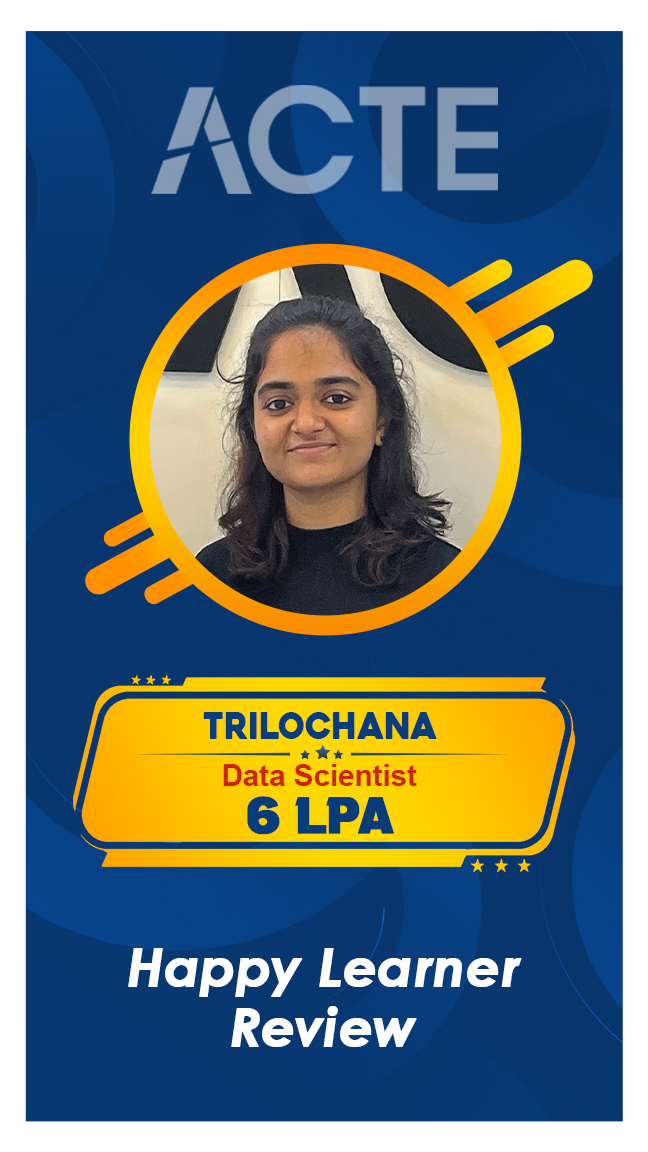
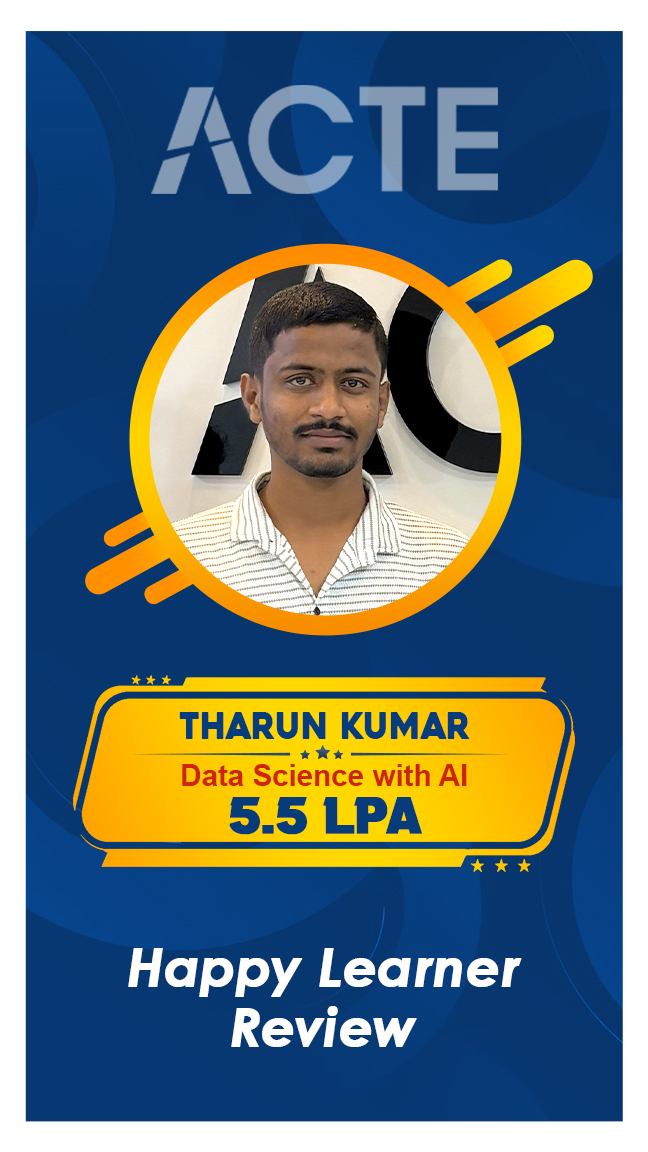
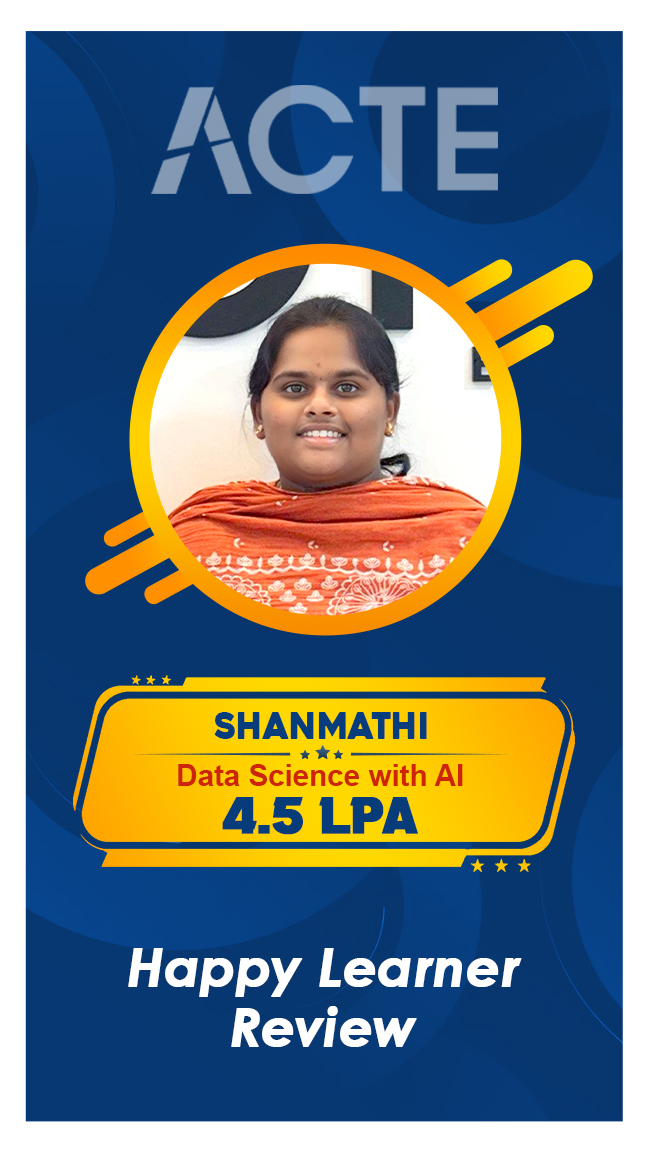
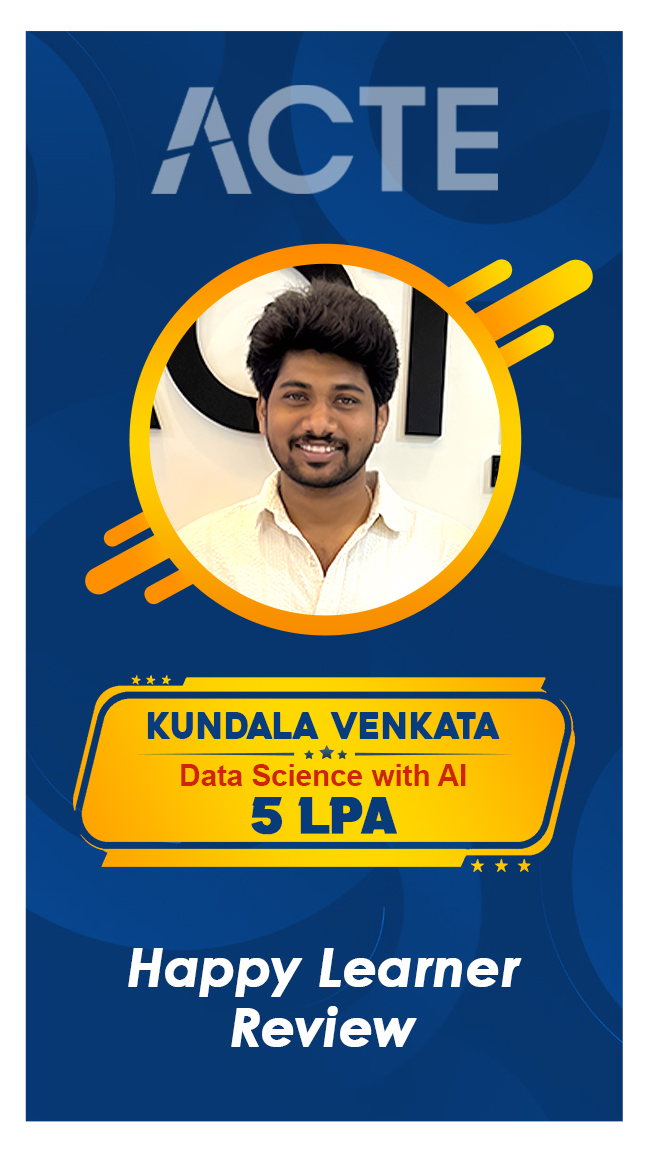
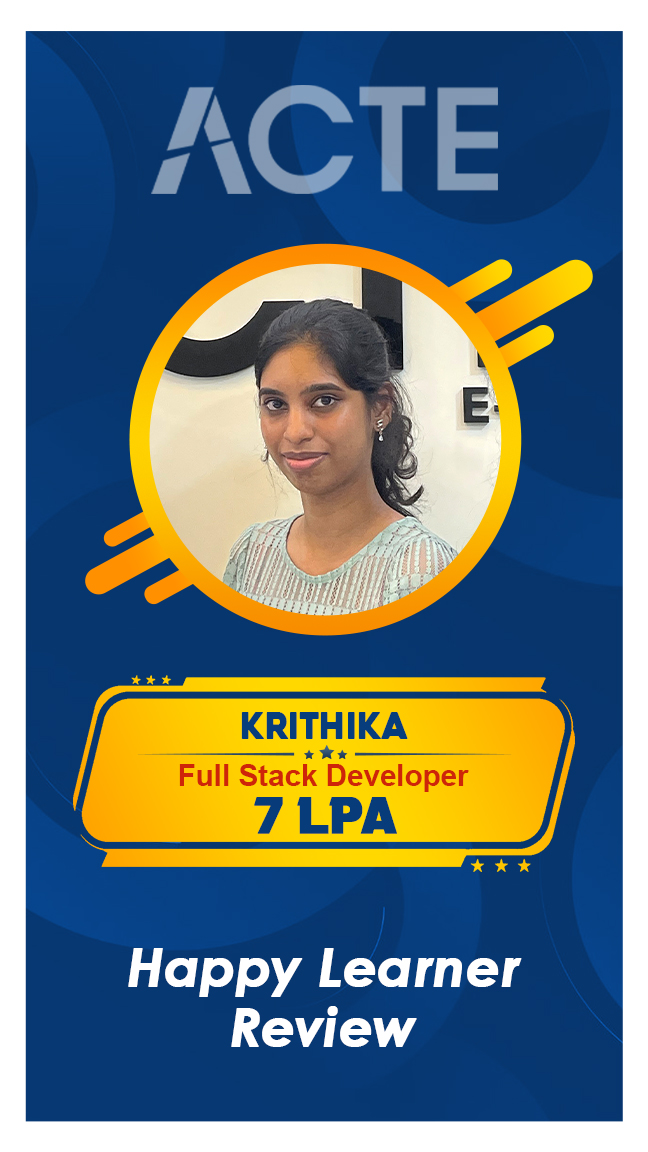
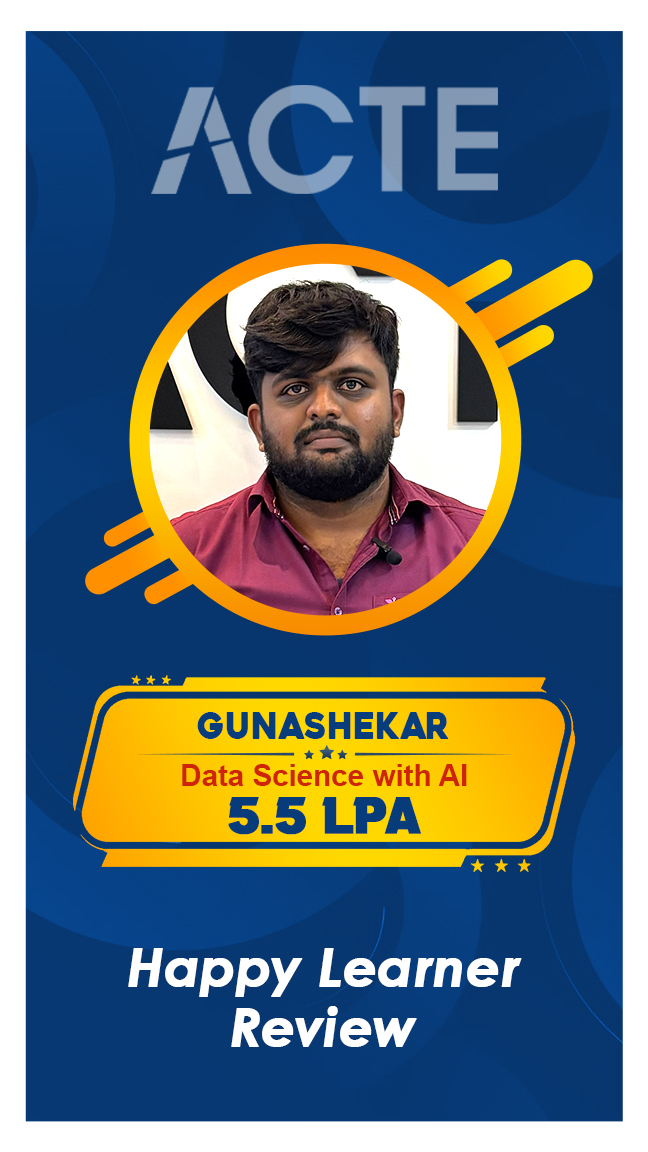
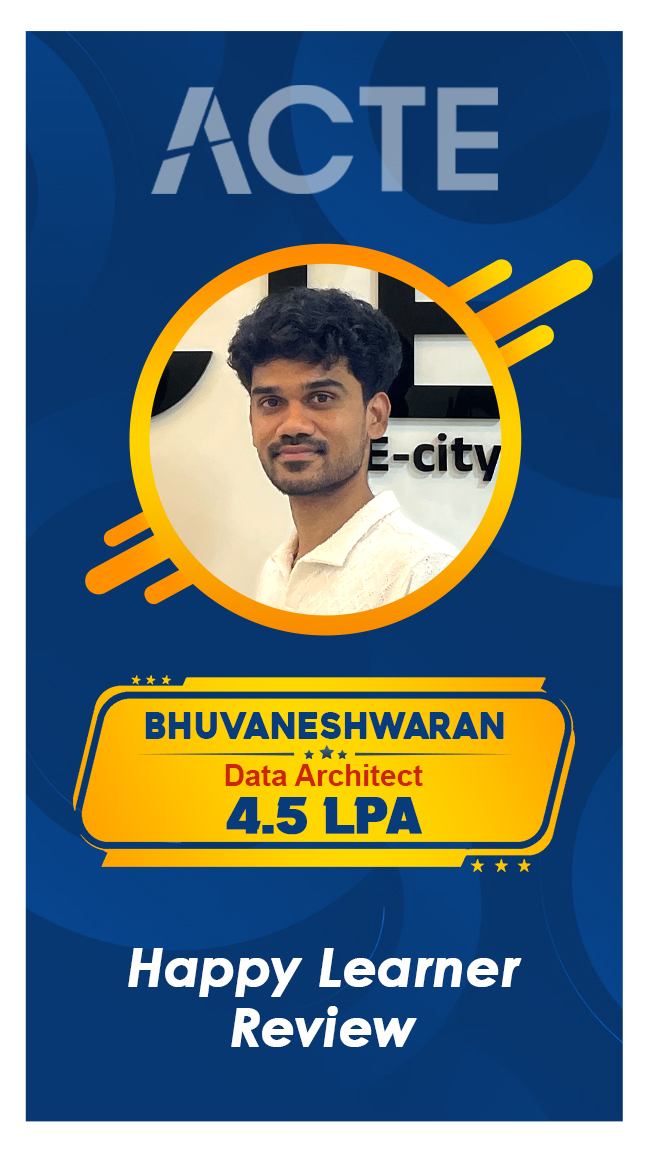


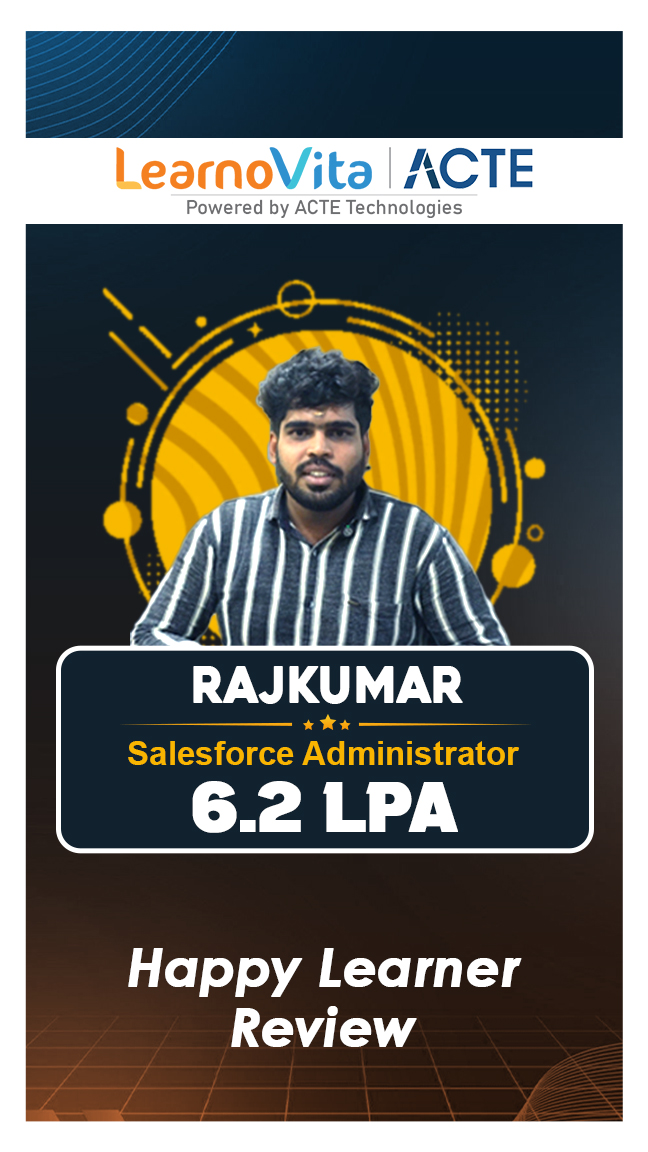
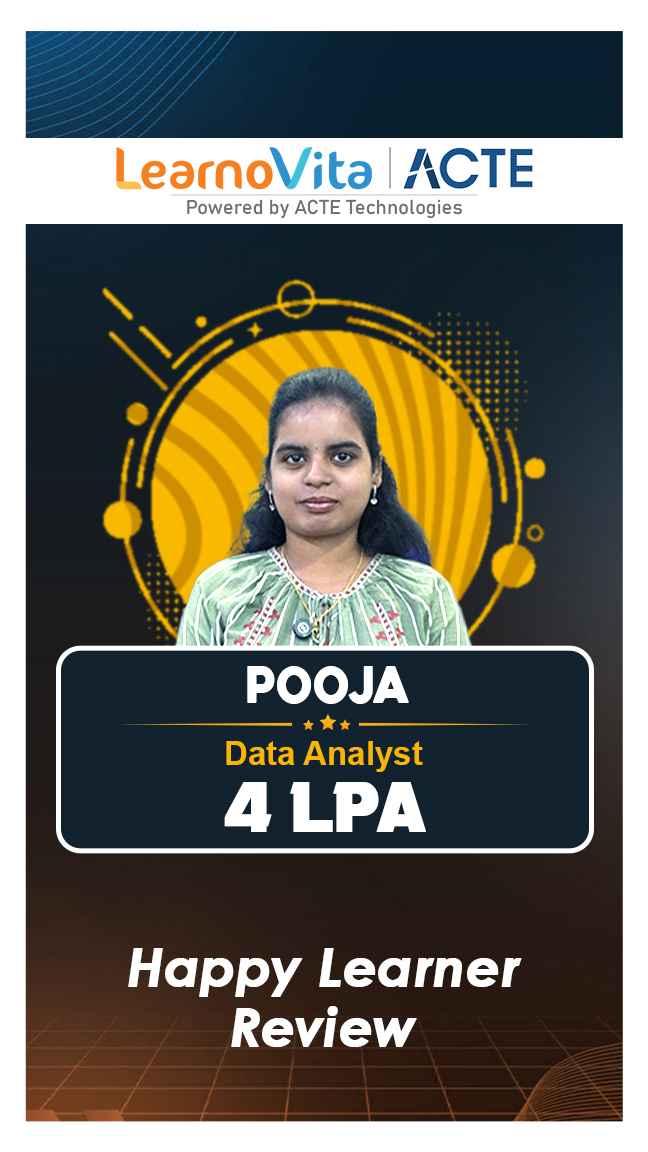

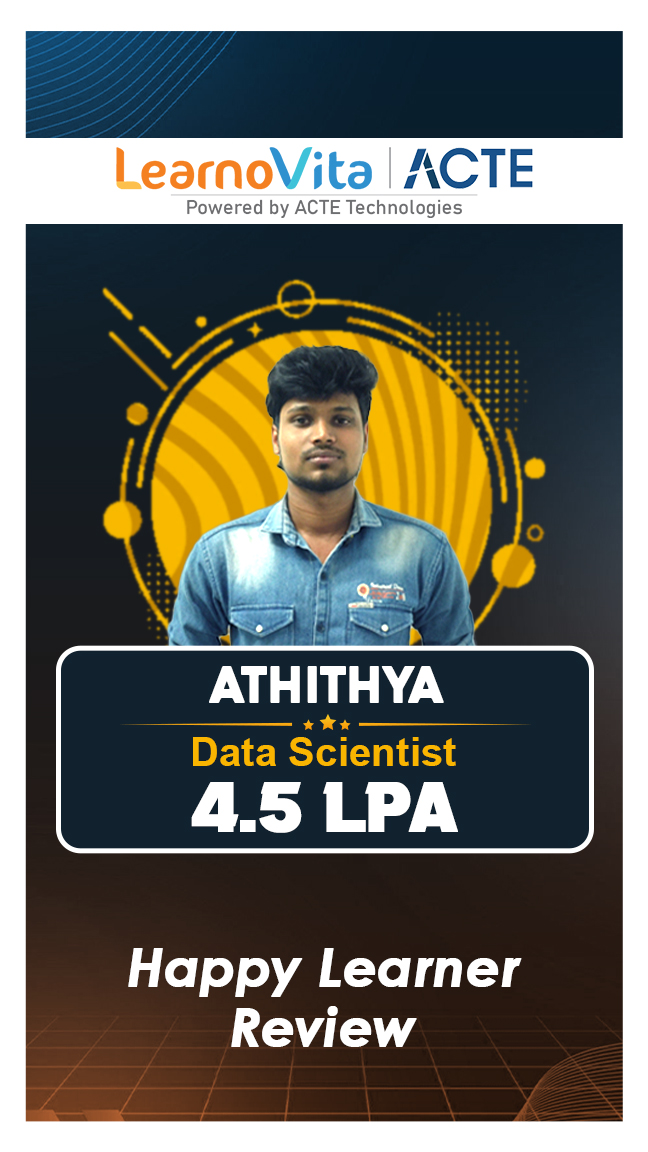






 Fees Starts From
Fees Starts From



















 Regular 1:1 Mentorship From Industry Experts
Regular 1:1 Mentorship From Industry Experts




